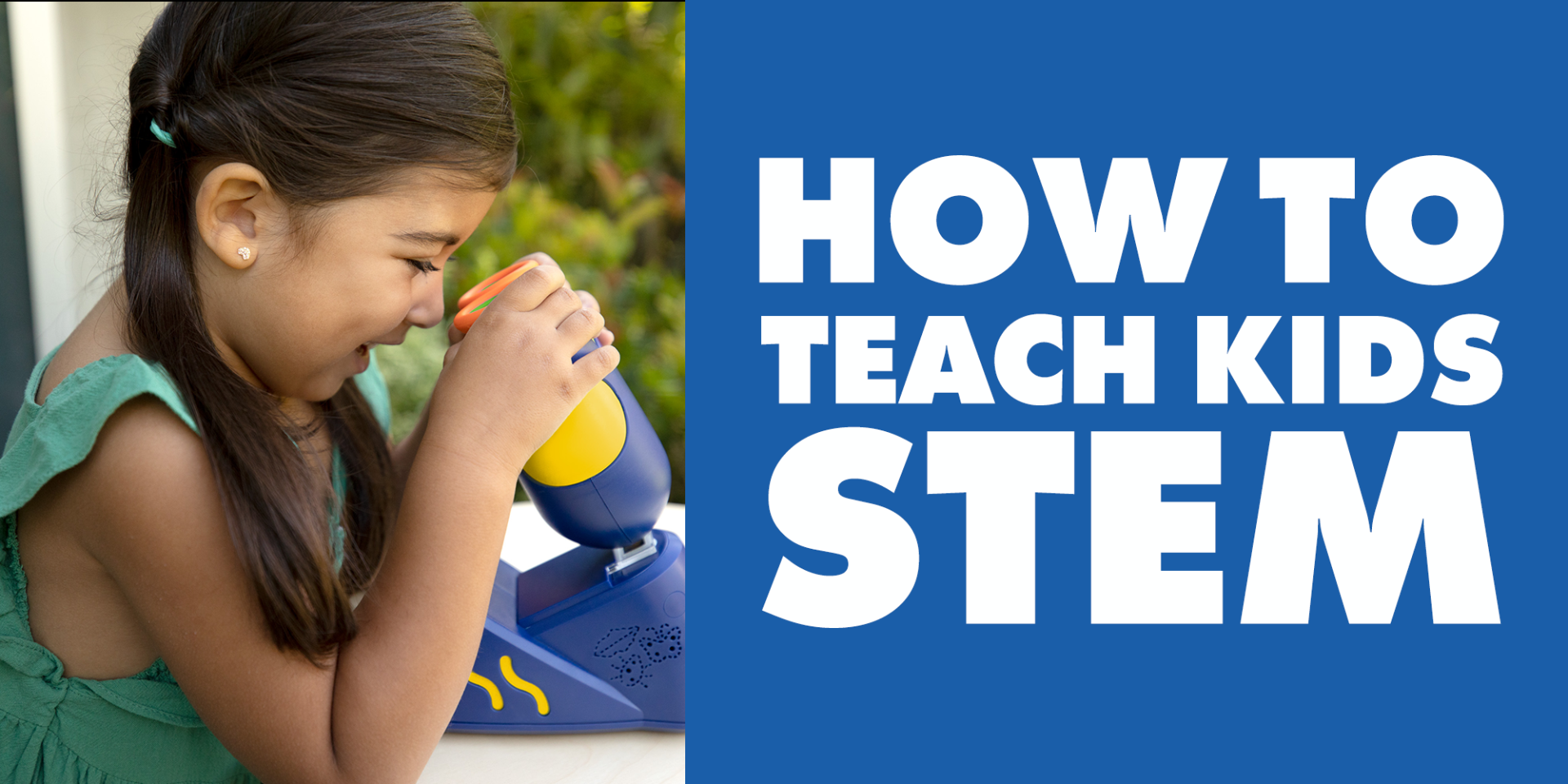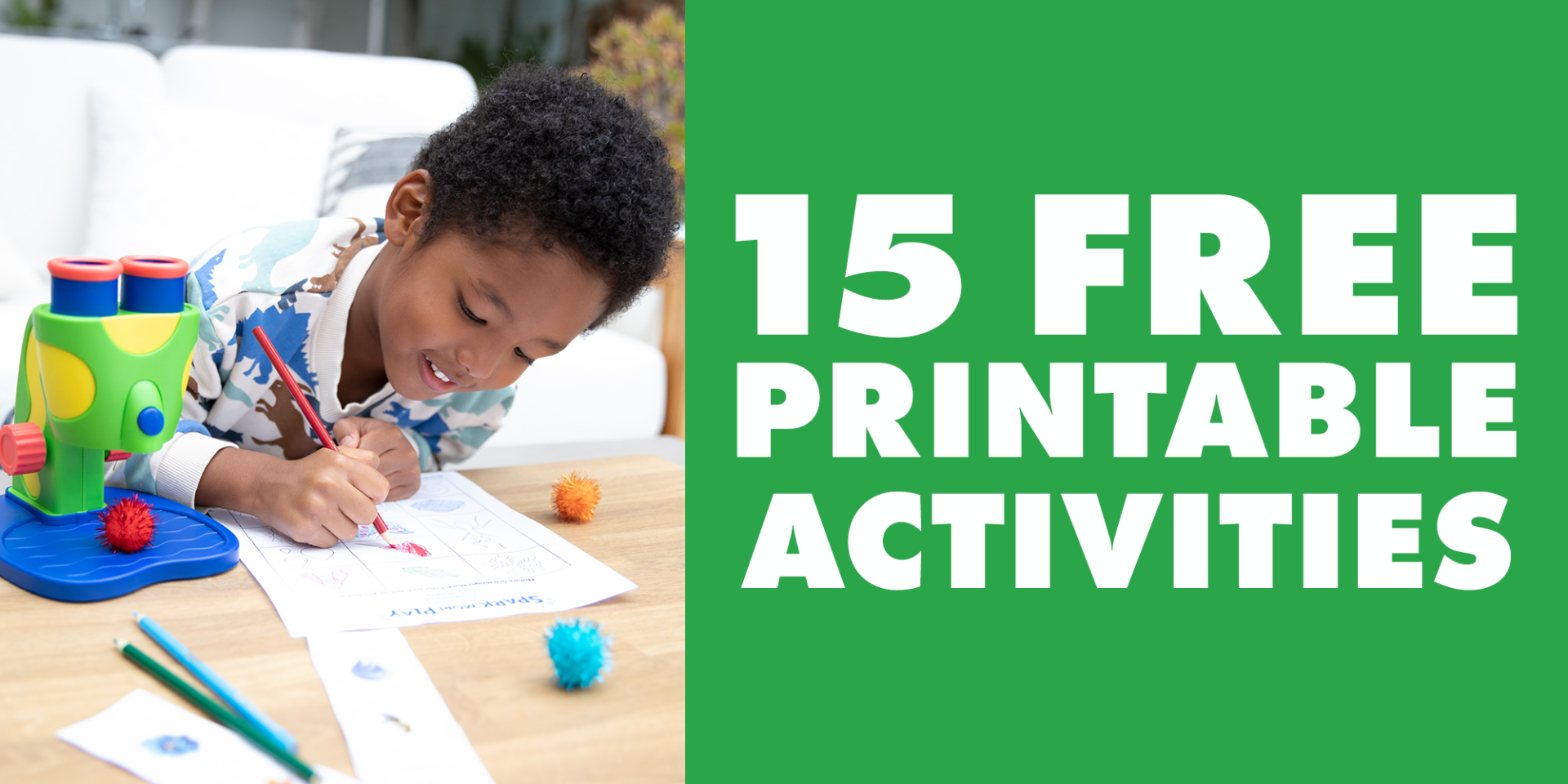
The Science of Gratitude: The How's and Why's of Raising a Grateful Family
- EI Editor Posted On Jun 2, 2021 | Learning Through Play
Research shows that an attitude of gratitude can improve your family’s overall well-being, including increasing resilience, strengthening relationships, and reducing stress. In fact, kids who express gratitude tend to feel more positive, optimistic, happy, and loved; experience fewer physical problems and pain; sleep better, and live longer! And it’s never too early to start. This summer, you can help your kids—even the little ones—learn to appreciate and express thankfulness for the good that’s all around them, with these easy ideas from the Experts in Play at Educational Insights.
1. Say Thank You!
When someone does something nice for your kids or gives them a gift, expand on your typical reminder to say thank you with some words about what, exactly, was so nice about the exchange. For example, “Ava, Gramma went shopping and picked out that book just for you, because she thought it would make you happy! We definitely want to say thank you for all that love!”

2. Notice Your Surroundings!
Your kids are literally surrounded by things to be grateful for, from toys and books to warm blankets, bedtime stories, and hot breakfasts. Make a point of expressing your gratitude for the comforts your child might otherwise take for granted. “How lucky we are to have pancakes on a Tuesday!”
3. Think Big!
Take a nature walk and point out the amazing beauty that surrounds us each and every day. Blue skies, puffy clouds, shady trees, beautiful butterflies, and warm sunshine—these are all things your family can be grateful for.

4. Find the Good!
When things don’t go according to plan, you can help your family find the silver lining and appreciate the possibilities. Point out something good that might come from an unexpected change of plans, like taking a drizzly family drive for ice cream when your park picnic gets rained out.
5. Do It Together!
The more you model grateful behavior, the more second nature it will become to your kids. You can also make a habit of sharing three things that you’re each grateful for every evening at the dinner table or create a gratitude jar with slips of paper noting things you’re thankful for. When times are tough, remind your family of all the things they’ve mentioned around the table or tip that jar and take turns reading what you’ve all written. 
Image courtesy of CreativeFamilyFun.net
With some thoughtful comments and intentional behavior, you can make gratitude the attitude in your family—and reap all the mental, physical, and emotional benefits of thankfulness!
 Shop UK Site
Shop UK Site 



















